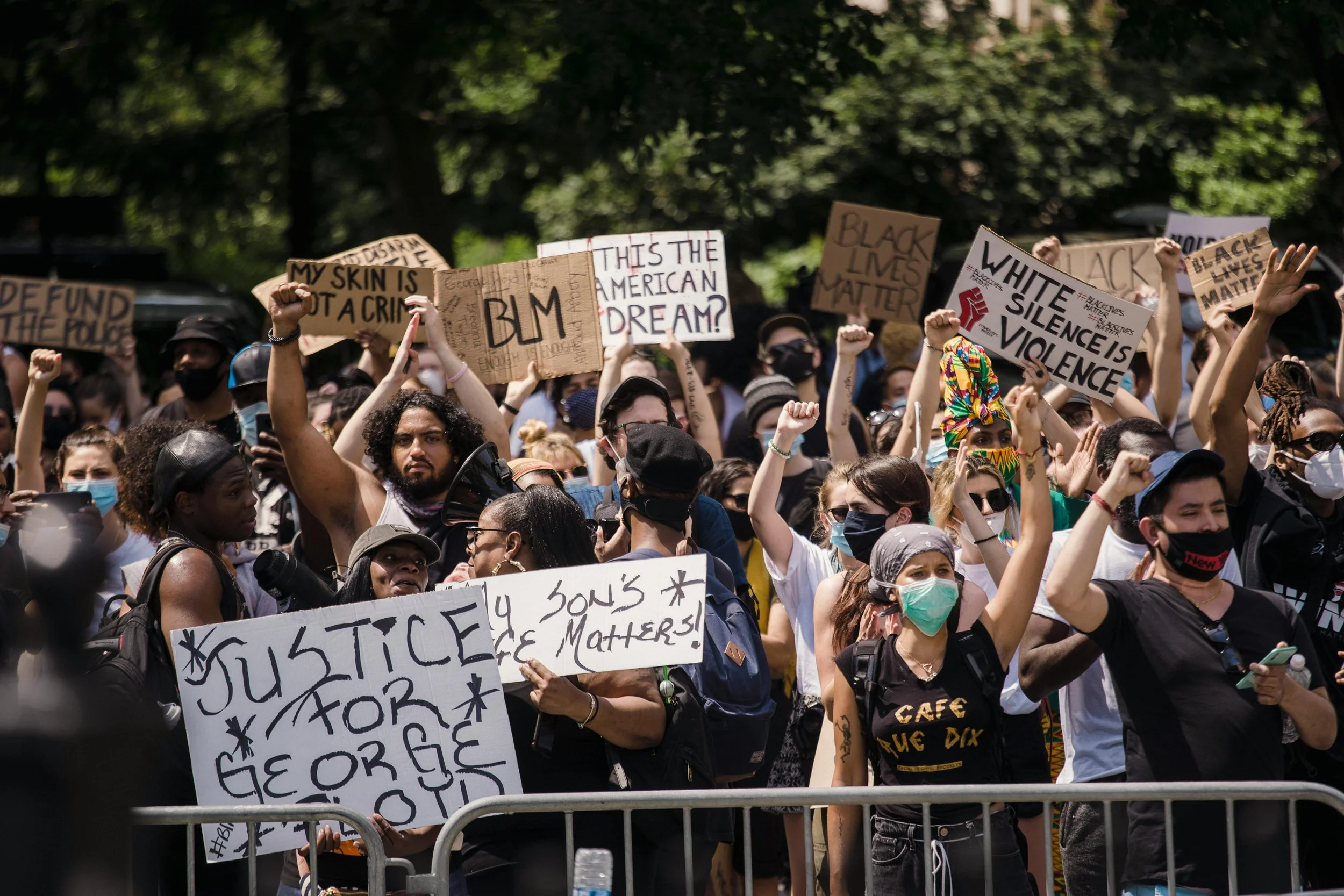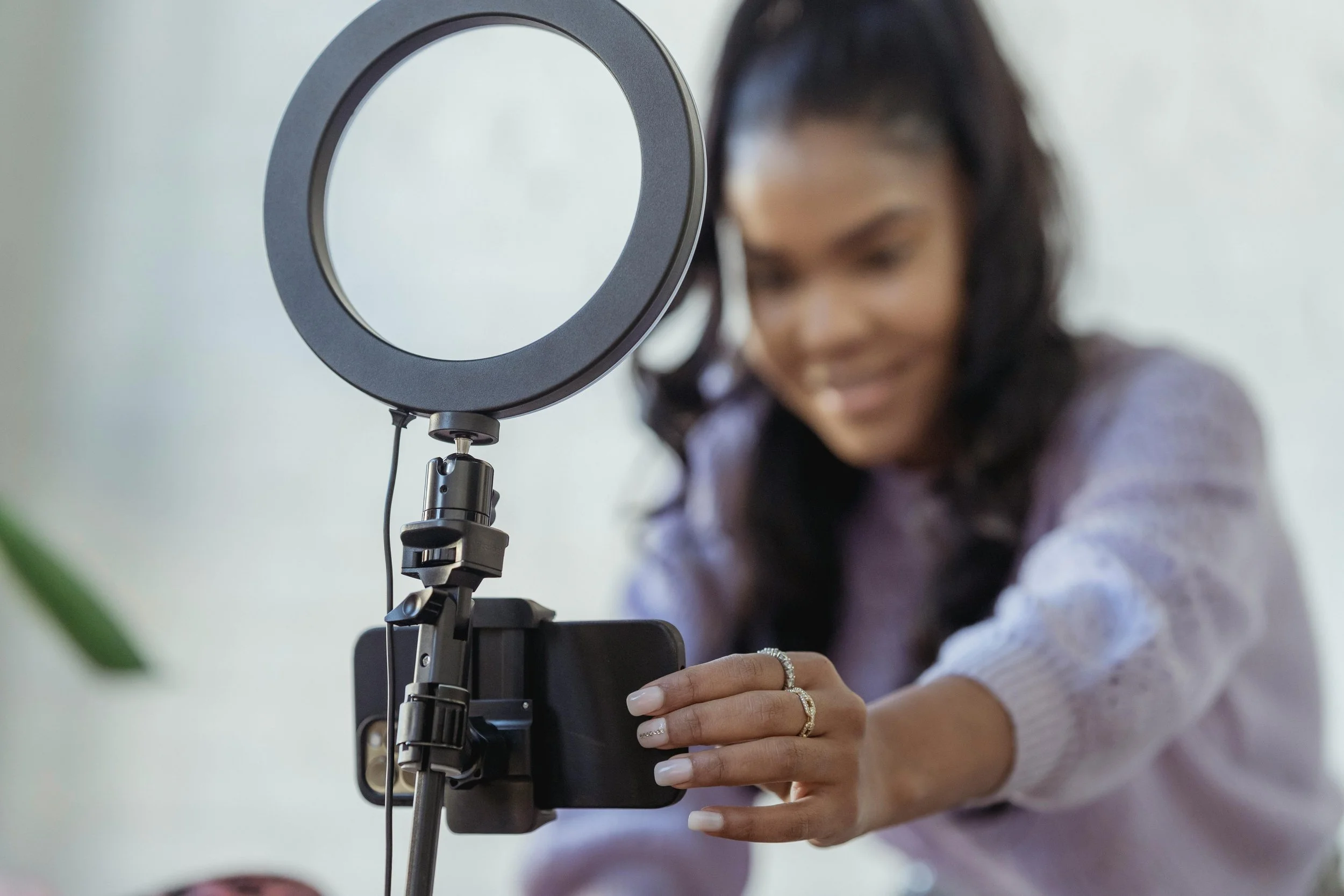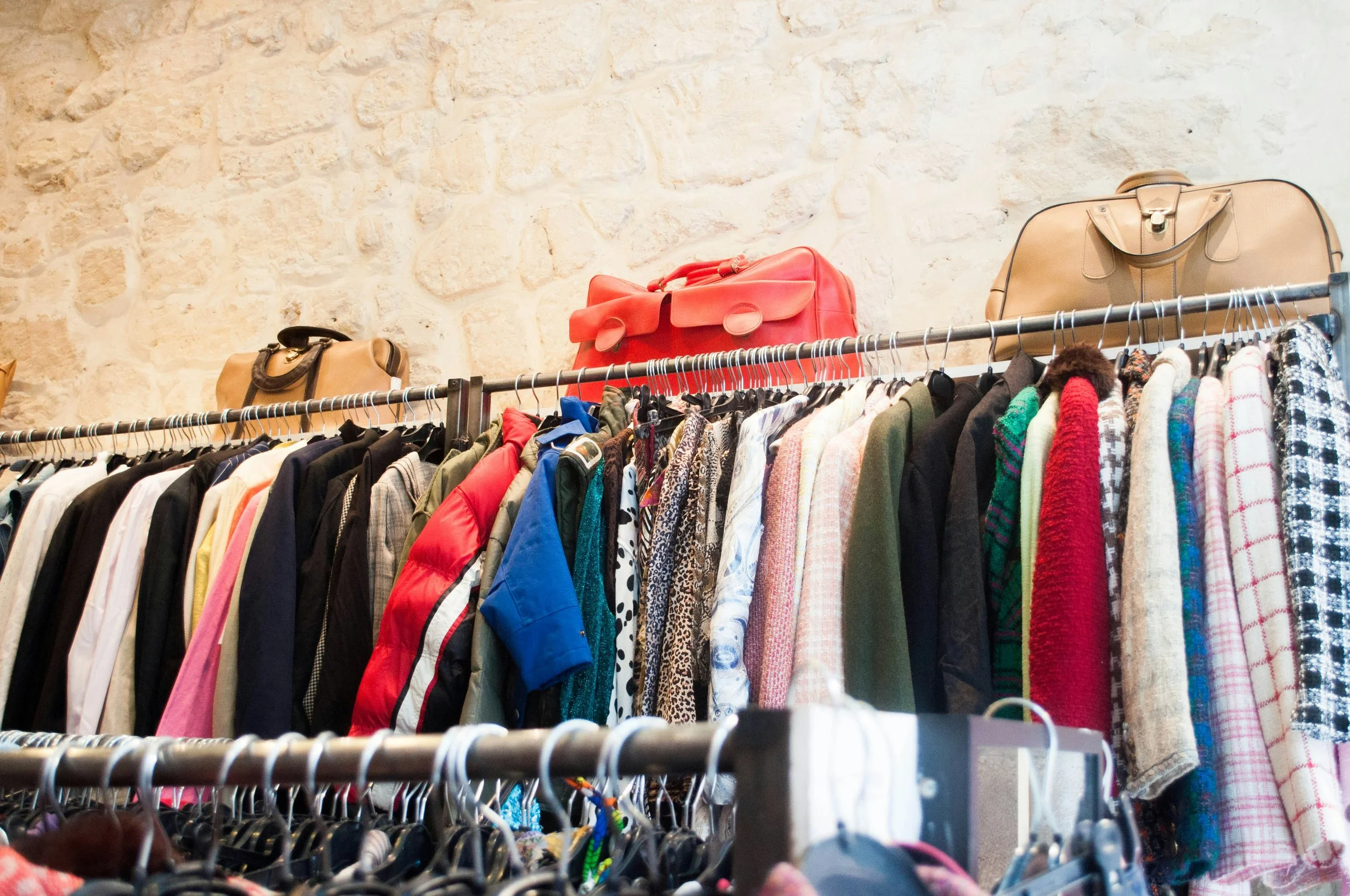Gen Z and Pop Culture: The New Wave of Expression
With the world changing at lightning speed, our tastes, values, and methods of engagement with culture reflect a new era defined by technology, inclusivity, and social consciousness. Let’s dive into what makes Gen Z pop culture tick, how it differs from Millennial trends, and the why behind these shifts.
The Digital Playground: TikTok and Beyond
The Rise of Short-Form Content
First off, let’s talk about how we consume content. Growing up in a digital-first world means we’re all about that quick-hit entertainment. TikTok has taken center stage as the go-to platform for short, creative videos that can spark trends overnight. Unlike Millennials, who often gravitated towards longer content on platforms like YouTube and Facebook, we prefer the bite-sized, engaging style of TikTok.
Why does this matter? The fast-paced nature of TikTok keeps us engaged and allows for rapid cultural exchange. Trends can emerge and fade within days, making cultural consumption feel alive and dynamic. Whether it’s a dance challenge or a viral meme, TikTok gives everyone a chance to participate and create.
The Democratization of Content Creation
The beauty of TikTok lies in its accessibility. Anyone can create content, and this democratization means that diverse voices are amplified. From artists to activists, the platform allows for a broader representation of experiences that often get sidelined in mainstream media. This shift not only changes who gets to be a creator but also what stories are told.
Diversity and Authenticity in Storytelling
Representation Matters
In terms of storytelling, Gen Z places a high value on authenticity and representation. We’re not just consuming media; we’re critiquing it. Shows like "Euphoria" and "Sex Education" resonate with us because they tackle tough topics like mental health, identity, and sexuality in a way that feels real and relatable.
Millennials had their own touchstones, but often, these stories were wrapped in a more polished, idealized narrative. Gen Z, on the other hand, appreciates the raw and sometimes messy realities of life. This desire for authenticity influences everything from our favorite TV shows to the music we listen to.
Artists Leading the Charge
Take Billie Eilish, for example. Her music and aesthetic break away from traditional pop norms, offering a darker, more nuanced take on fame, mental health, and identity. Similarly, artists like Lil Nas X challenge conventional boundaries, blending genres and confronting social norms head-on. This eclectic approach reflects our broader cultural preferences—it's all about breaking barriers.
Activism Meets Entertainment
Purpose-Driven Consumption
Gen Z is often labeled as the most socially conscious generation, and for good reason. We grew up amidst significant social movements—think Black Lives Matter and climate activism—which have profoundly shaped our worldview. Our engagement with pop culture is intertwined with our values, meaning we’re drawn to brands and media that champion social justice and sustainability.
For instance, many of us prefer to support companies like Patagonia, known for their commitment to environmental issues. We’re more likely to buy from brands that align with our values rather than those that don't. This is a notable shift from Millennial consumerism, which often focused more on experience and lifestyle branding.
The Role of Social Media
Social media acts as a megaphone for our activism. Platforms like Instagram and Twitter allow us to mobilize quickly, share important information, and amplify marginalized voices. We see the power of hashtags and viral challenges in driving awareness about critical issues—like climate change and racial justice. This blend of activism and entertainment showcases how we’re not just passive consumers; we’re participants in a larger cultural conversation.
The Meme Machine
Humor as a Tool for Commentary
Memes are the language of our generation, a unique blend of humor and social commentary. They offer a way to address serious topics in a light-hearted manner.
Memes provide a sense of community and shared understanding, allowing us to express complex ideas succinctly and humorously.
Memes and Social Justice
In many ways, memes have become a modern form of activism. They can bring attention to issues like climate change or systemic racism in a way that’s engaging and shareable. The rapid spread of information through memes allows us to quickly mobilize support and start conversations about pressing topics.
Fashion Forward: Sustainability and Thrifting
A Shift Toward Ethical Choices
When it comes to fashion, Gen Z is all about sustainability. We’re increasingly aware of the impact of fast fashion and are making conscious choices about where we shop. Thrifting has become a cultural movement, not just a trend. Platforms like Depop and thrift stores are booming, allowing us to find unique pieces while also reducing our environmental footprint.
This is a notable shift from Millennial trends, where fast fashion brands like H&M and Forever 21 dominated. While those brands are still popular, the tide is turning as more of us prefer vintage clothing and ethically produced fashion. This change reflects our values—individuality and sustainability are now paramount.
Influencers and Sustainable Brands
Social media influencers play a significant role in shaping our fashion choices. Many of them are using their platforms to advocate for sustainable practices, showcasing thrifted outfits or promoting eco-friendly brands. This new wave of influencers is often more relatable than traditional celebrities, making their messages more impactful.
Global Influences: Embracing Diversity
Cross-Cultural Collaborations
Gen Z’s pop culture is marked by a global perspective. We’re more connected than ever, thanks to the internet, which allows us to experience and appreciate cultural influences from around the world. This is evident in the rise of K-Pop, with groups like BTS and BLACKPINK not only dominating charts but also breaking barriers in Western markets.
The fusion of sounds, styles, and languages in music exemplifies our eclectic tastes. We’re embracing a blend of cultures, leading to richer and more diverse musical experiences. This global connectivity shapes our understanding of culture, making us more open-minded and inclusive.
Language Evolution
With this global influence comes a shift in language and communication. We’re blending slang and phrases from different cultures, creating a unique vernacular that reflects our diverse experiences. This cultural exchange enhances our identity and shows how interconnected we truly are.
Blending Cultures: For example, the influence of K-Pop has introduced us to Korean phrases and slang that we now incorporate into our daily conversations. Words like "aegyo" (a cute display of affection) and "daebak" (amazing or great) have found their way into our vocabulary.
Internet Slang: The internet itself has birthed its own unique language, with terms like "stan" (an overzealous fan) originating from the Eminem song of the same name but now widely used across fandoms globally. Phrases like "FOMO" (fear of missing out) and "lit" (exciting or excellent) have transcended borders, reflecting our shared online culture.
Cultural Phrases: We also borrow phrases from different languages and cultures, mixing them into our speech. Spanish words like "amigo" (friend) or Japanese terms like "kawaii" (cute) are commonly used, even by those who don't speak these languages fluently. This blend creates a rich, dynamic way of communicating that’s unique to our generation.
Conclusion: The Future is Bright
As Gen Z continues to redefine pop culture, we’re not just passively consuming media; we’re shaping it. Our preferences for authenticity, diversity, and sustainability are driving significant changes across various cultural landscapes. From TikTok trends to social activism, our engagement with culture reflects our values and worldview.
The future of pop culture is not just about what’s trending; it’s about who is included in those trends and how they resonate with our collective experience. As we navigate this new landscape, it’s clear that Gen Z will continue to make our mark, creating a cultural tapestry that is richer, more inclusive, and undeniably vibrant.
In a world that can often feel overwhelming, our approach to pop culture provides a sense of community and connection. By embracing diverse voices and championing social change, we’re paving the way for a future that prioritizes authenticity and inclusivity—one meme, one TikTok, and one song at a time.




